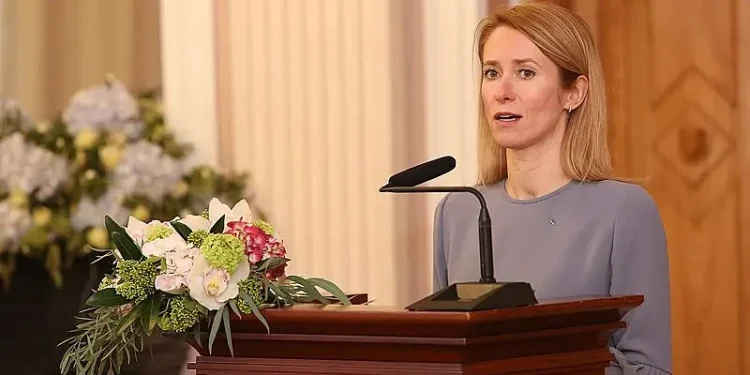Strong political promises are no longer enough. That was the message from Kaja Kallas, EU High Representative and Vice-President, during her recent visit to Belgrade.
She made it clear: Serbia’s path to the European Union is open—but it demands genuine reform, democratic integrity, and regional cooperation.
Kallas Meeting with President Aleksandar Vučić
Kallas met with Serbian President Aleksandar Vučić, parliamentary leaders, civil society representatives, and youth voices. While views varied, the need for shared progress was central.
“There are no shortcuts to membership,” Kallas emphasized. “Progress must be visible—especially in areas like media freedom, judicial independence, and anti-corruption efforts.”
EU Membership: Serbia’s Strategic Goal?
Although EU membership remains a stated aim of the Serbian government, Kallas urged that action must now match rhetoric. Citizens have been protesting in large numbers in recent weeks, calling for stronger institutions and respect for civil liberties.
EU Expectations Include:
-
Media freedom and a free press
-
Transparent and independent judiciary
-
Electoral reforms grounded in fairness
A critical area of focus remains the normalization of Serbia-Kosovo relations. Kallas confirmed that both parties would be invited to Brussels for further dialogue.
Navigating EU Relations and Regional Influence
Serbia’s recent political decisions—including President Vučić’s visit to Moscow—drew criticism. Kallas questioned the symbolism of aligning with a nation currently engaged in war.
EU’s Main Concerns vs. Serbian Actions
| EU Expectation | Serbian Response/Status |
|---|---|
| Clear alignment on EU foreign policy | Recent Moscow visit raises doubts |
| Independent judiciary | Presidential influence remains controversial |
| Media freedom | Pro-Russian narratives dominate public TV |
| Kosovo dialogue | Stalemate persists; Brussels meeting planned |
Bridging the Trust Gap
A noticeable decline in Serbian public trust toward the EU was acknowledged. Kallas pointed to the need for reciprocity: candidate countries must enact reforms, while the EU must reward genuine progress.
“EU enlargement is a convergence machine,” she said, citing Estonia’s economic leap post-accession as an example.
She also called for enhanced media literacy to counter disinformation, especially in state-controlled outlets like RTS, where pro-Russian narratives reportedly dominate.
Choice Shapes Futures
Kallas closed by reaffirming that Serbia faces a strategic decision: continue toward democratic values and EU integration, or drift away.
The message to Serbia was clear, progress is still possible, but it must be earned through sustained, visible reforms.
Sources: European Union.
Prepared by Ivan Alexander Golden, Founder of THX News™, an independent news organization delivering timely insights from global official sources. Combines AI-analyzed research with human-edited accuracy and context.








